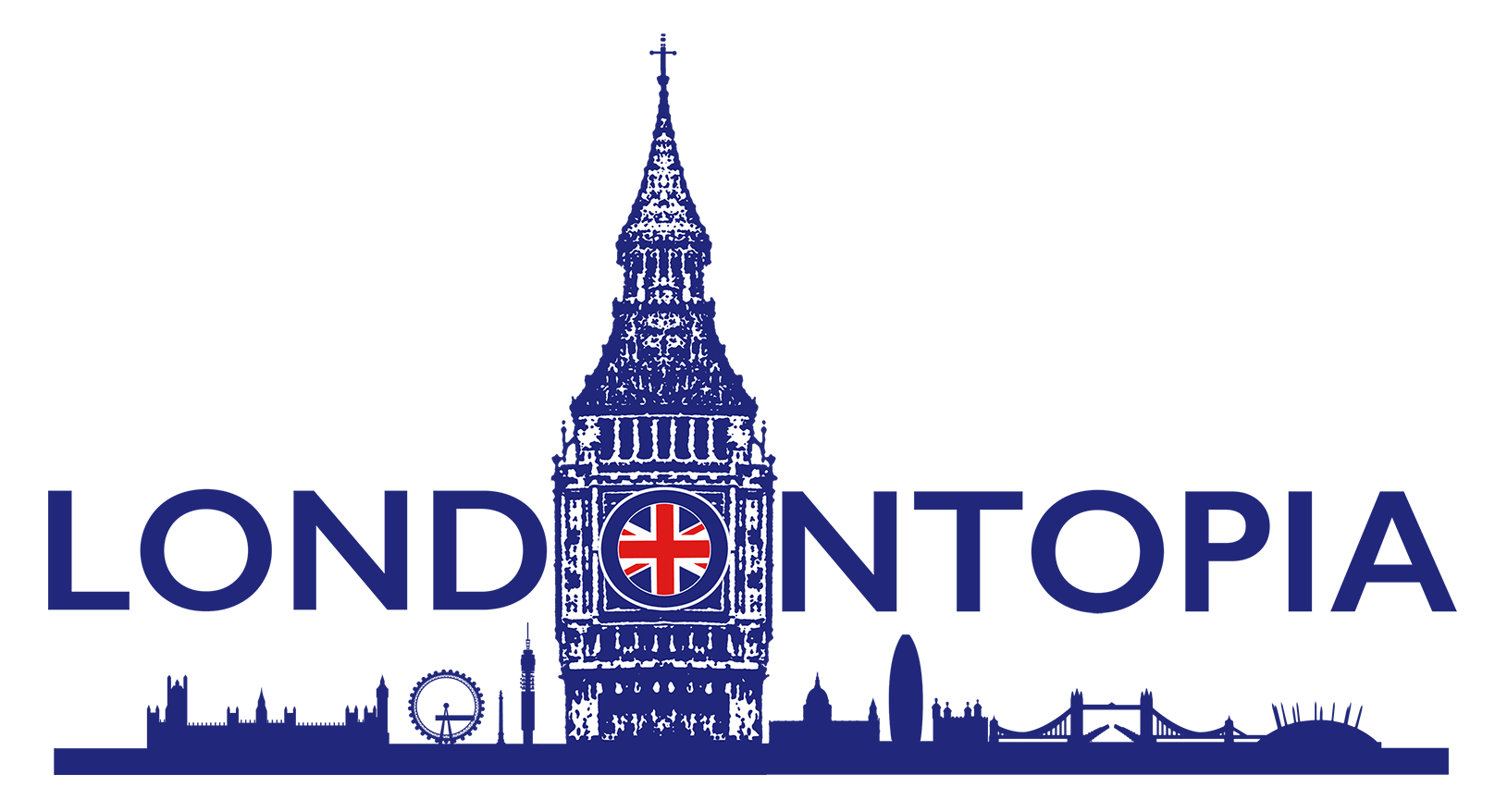Lord Byron, the enigmatic poet, politician, and romantic figure of the 19th century, left an indelible mark on the literary landscape of his time. While Byron’s life was marked by travels far and wide, from the rugged landscapes of Greece to the sun-drenched shores of Italy, his connections to London are equally profound and revealing of the man behind the myth.
Born George Gordon Byron on January 22, 1788, in London, Byron spent his formative years in the city, surrounded by the opulence and decadence of Georgian society. His family home, located at 24 Holles Street in the fashionable district of Mayfair, provided the backdrop for his early years, shaping his worldview and igniting his imagination.
From a young age, Byron exhibited a rebellious streak and a thirst for adventure that would define his life and legacy. His time at Harrow School and later at Trinity College, Cambridge, further cultivated his love of literature and poetry, laying the groundwork for his future literary endeavors.
It was in London’s vibrant literary circles that Byron first began to make a name for himself as a poet. His early works, including the epic poem “Childe Harold’s Pilgrimage,” captivated readers with their lyrical beauty and brooding romanticism. Published in 1812, “Childe Harold” propelled Byron to fame virtually overnight, transforming him into a literary sensation and spawning a cult of celebrity that would follow him throughout his life.
Yet, Byron’s connection to London was not merely literary; it was also political and social. A vocal advocate for liberal causes and a staunch critic of the establishment, Byron used his platform as a poet to champion the downtrodden and oppressed. His impassioned speeches in the House of Lords and his support for revolutionary movements in Greece and elsewhere earned him a reputation as a radical thinker and a man ahead of his time.
Despite his aristocratic upbringing, Byron was drawn to the bohemian allure of London’s underbelly, where he indulged in the excesses of the city’s nightlife and pursued numerous romantic liaisons. His scandalous affairs and tumultuous love life only added to his mystique, cementing his status as a Byronic hero—an archetype of the brooding, tormented artist.
Despite his globe-trotting adventures and his eventual exile from England, Byron’s ties to London remained strong throughout his life. The city served as a backdrop for many of his literary works, providing inspiration for his poetry and fueling his imagination. From the fog-shrouded streets of Whitehall to the grandeur of Westminster Abbey, London permeates Byron’s writing, infusing his verse with a sense of place and belonging.
In his later years, Byron’s relationship with London grew more complex as he grappled with fame, fortune, and the pressures of public scrutiny. His tempestuous marriage to Anne Isabella Milbanke, known as Lady Byron, ended in scandal and divorce, tarnishing his reputation and driving him into self-imposed exile abroad.
Yet, even in exile, Byron’s connection to London remained strong. His literary legacy continued to thrive in the city’s literary salons and coffeehouses, where his works were discussed and debated by a new generation of writers and intellectuals. His untimely death in 1824 at the age of 36 only served to cement his status as a literary giant and a cultural icon.
Today, Byron’s presence can still be felt in the streets of London, where his spirit lives on in the city’s literary heritage and its enduring fascination with the romantic ideals of love, liberty, and adventure. From the banks of the Thames to the heights of Hampstead Heath, Byron’s legacy endures, a testament to the enduring power of poetry and the enduring allure of the Great Londoners who have shaped the city’s history and culture.


